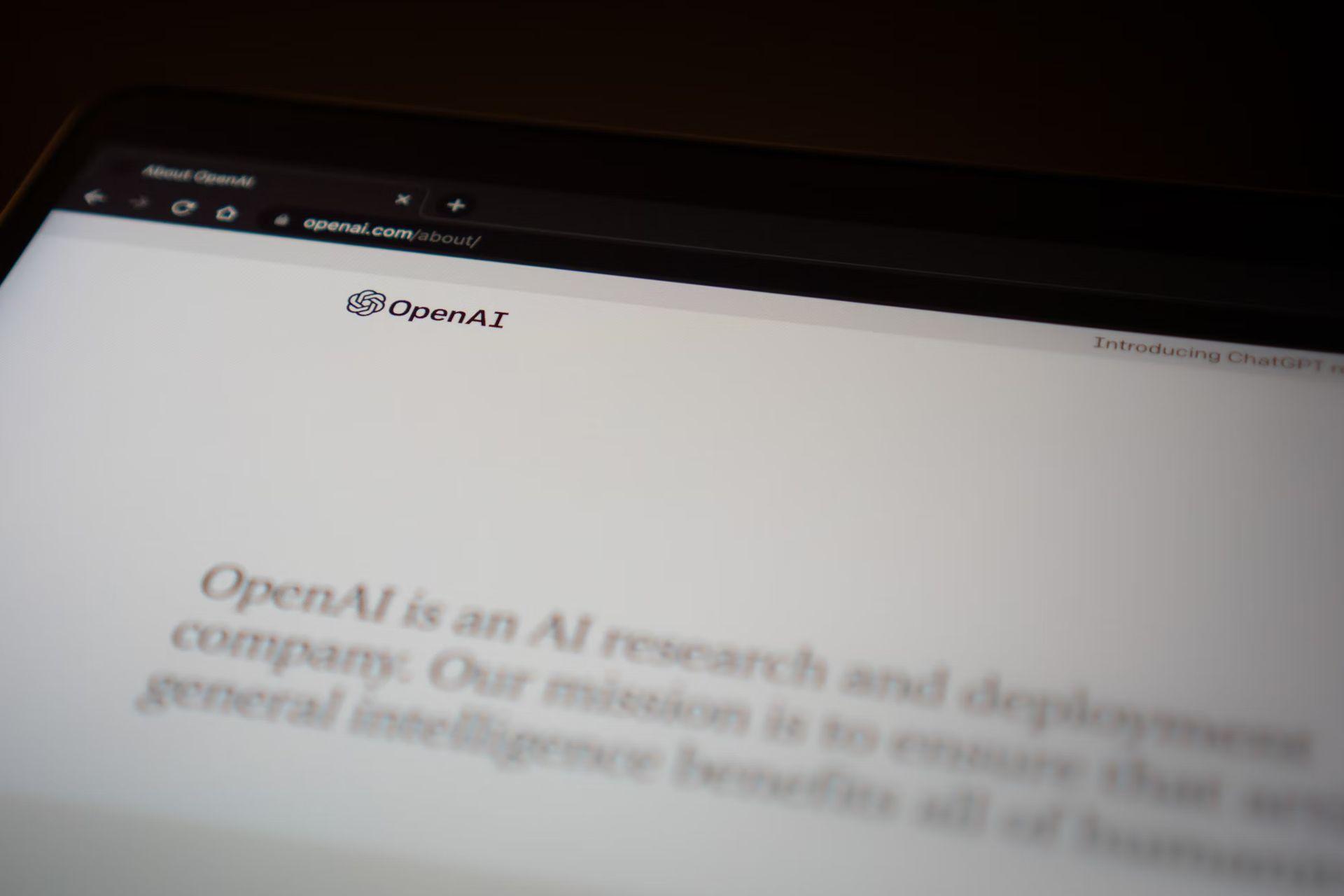Microsoft has decided to relinquish its observer seat on the OpenAI board in response to growing regulatory scrutiny in Europe and the United States regarding generative artificial intelligence.
What’s the reason behind Microsoft’s decision?
In a letter sent to OpenAI on Tuesday, Microsoft’s Deputy General Counsel Keith Dolliver explained that the observer position had been beneficial, providing valuable insights into the board’s activities without compromising its independence. However, Dolliver noted that the seat was no longer necessary due to the significant progress made by the newly formed OpenAI board. “Over the past eight months we have witnessed significant progress by the newly formed board and are confident in the company’s direction. Given all of this we no longer believe our limited role as an observer is necessary,” Dolliver wrote.

Regulatory concerns
The decision comes amid ongoing regulatory investigations by the European Commission, which is examining the relationship between major digital market players and generative AI developers. The Microsoft-OpenAI partnership has been a focal point of this scrutiny. In January, the Commission indicated it was looking into agreements between large tech companies and AI developers, specifically highlighting the Microsoft-OpenAI collaboration.
In June, EU antitrust regulators announced they would seek additional third-party opinions on the deal. Although Microsoft does not have control over OpenAI, its substantial investment and observer role have raised concerns about its influence over the AI startup.
Microsoft took the non-voting board observer seat at OpenAI in November last year, during a turbulent period for the startup. This move followed the firing and subsequent rehiring of OpenAI CEO Sam Altman. At the time, Altman expressed confidence in the partnership with Microsoft, emphasizing that the non-voting observer role would help maintain OpenAI’s governance while benefiting from Microsoft’s strategic insights. Altman stated, “OpenAI clearly made the right choice to partner with Microsoft and I’m excited that our new board will include them as a non-voting observer.”
Microsoft’s investment in OpenAI has grown to a reported $13 billion, making it a key player in the development of foundation AI models. Despite this investment, the observer seat allowed Microsoft to attend board meetings and access confidential information without having voting rights on critical decisions.

Response from OpenAI
An OpenAI spokesperson acknowledged Microsoft’s decision and mentioned that the company would establish a new approach to stakeholder engagement. This includes regular meetings with strategic partners like Microsoft and Apple, as well as investors such as Thrive Capital and Khosla Ventures.
Antitrust investigations
The regulatory landscape varies between regions. While the EU has stated that the Microsoft-OpenAI partnership does not fall under the bloc’s merger rules, it will continue to scrutinize exclusivity clauses in their agreement. Meanwhile, British and U.S. antitrust authorities remain concerned about Microsoft’s influence over OpenAI and its implications for market competition.
Both Microsoft and OpenAI are working to address these regulatory concerns by demonstrating their independence and expanding their AI offerings. Microsoft is particularly focused on selling AI technology to enterprise customers and integrating AI capabilities into its Azure platform. Additionally, Microsoft has recently hired the CEO of Inflection to lead its consumer AI division, signaling a strategic move to diversify beyond its partnership with OpenAI.
Featured image credit: Anna Surovková/Unsplash






